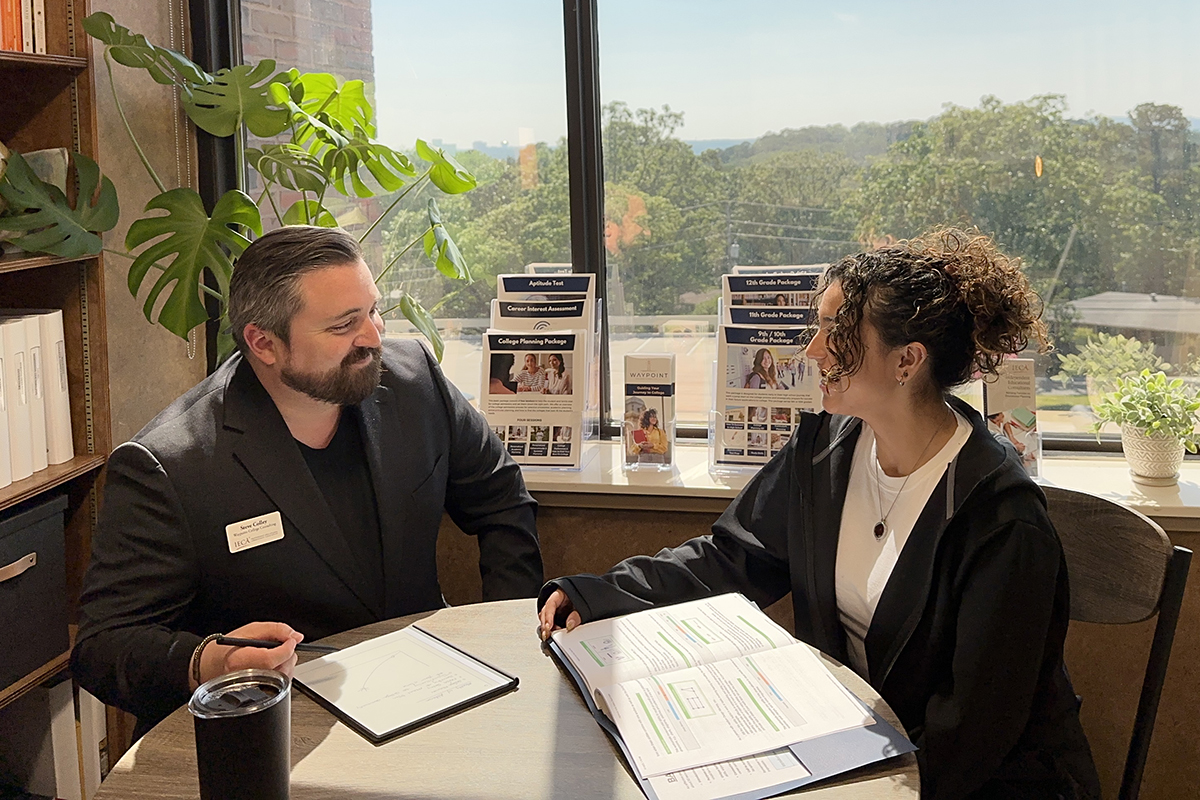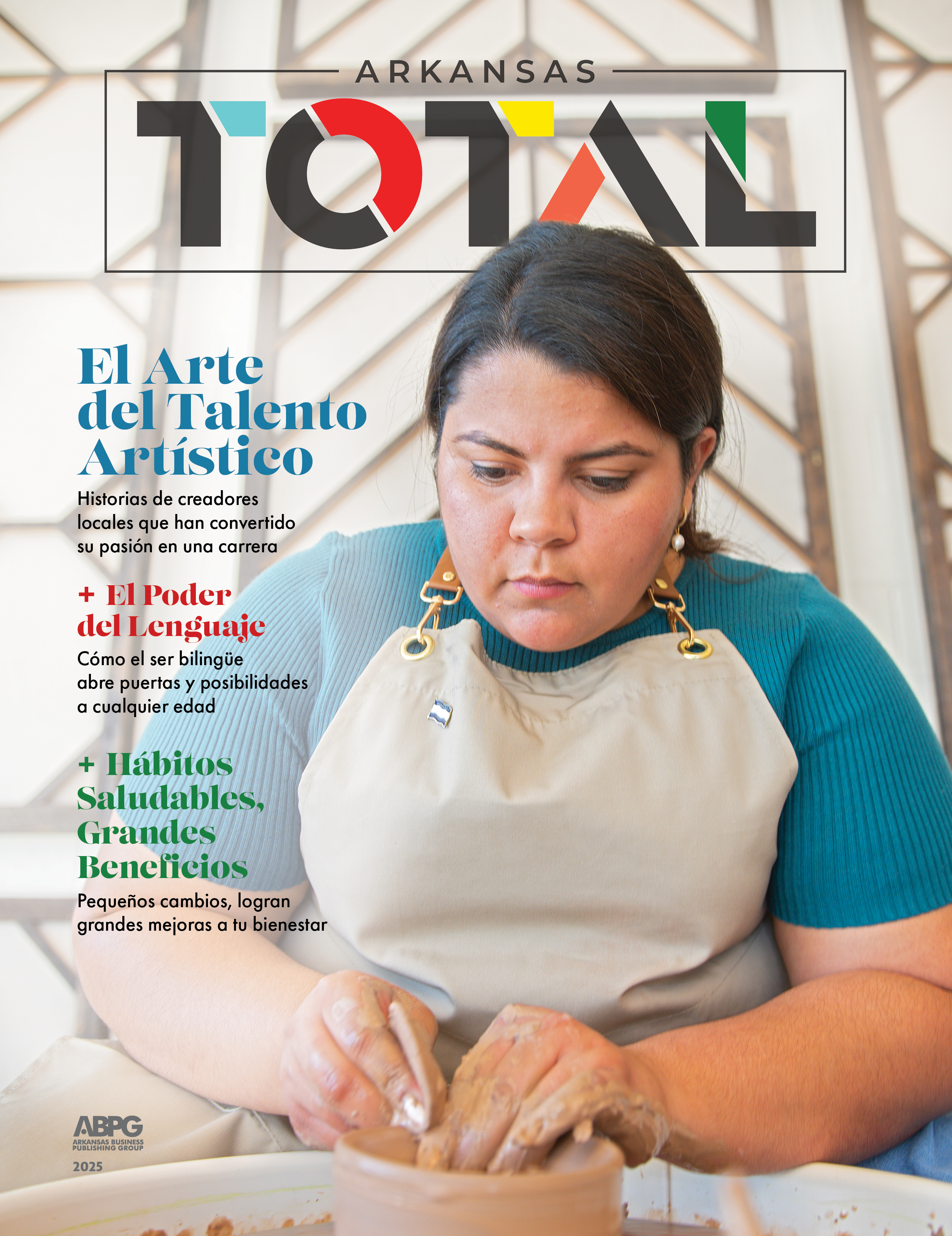Crash Course in Education

First-generation college-goers face unique challenges, but through hard work and advocating for themselves, education consultant Steve Colley says anything is possible. | Quienes asisten a la universidad por primera vez en su vida enfrentan desafíos únicos, pero con esfuerzo y abogando por ellos mismos, el consultor educativo afirma que todo es posible.
También puedes leer este artículo en español, Aprendizaje Exprés de Educación
For many first-generation students in Arkansas, going to college is like being handed a fishing pole without knowing how to cast it: the opportunity is there, but no one ever taught them where to fish, what bait to use or how to reel it in. That is the reality for thousands of students who dream of college but do not have someone at home who has been through the process.
Without guidance, these first-generation students may miss key steps, like taking the right classes in high school, preparing for the ACT, being involved in activities outside of school or applying for scholarships and financial aid. In some cases, they may not even realize college is an option.
Fortunately, support systems across Arkansas are working to bridge that gap. Federally funded programs like TRIO Talent Search and Upward Bound offer students academic support, college visits and help navigating financial aid. Community-based organizations like Mamas Unidas LR provide culturally responsive guidance for Hispanic students and families, helping parents and teens understand how to access higher education.
Still, students must learn to speak up for themselves. Advocating means setting up meetings with school counselors early, preferably by 9th or 10th grade, and asking: What do I need to do to be college-ready?
Students should request to be placed in honors, AP or dual-credit courses, even if it feels intimidating. They can build a brag sheet or resume to track their accomplishments, seek out leadership roles in clubs or community service projects and take the initiative to learn about scholarships and college timelines.
Students should not wait for someone to notice their potential; they need to raise their hand, introduce themselves, ask questions and build relationships with trusted adults.
First-generation students don’t need a handout. They need access and someone to show them how to use it. Because at the end of the day, if you only give a student a fish, you feed them for a day; but if you teach them how to fish, you open the door to a future that feeds generations.
Key Statistics
Educational attainment in Arkansas (Age 25+):- 6% have a high school diploma or equivalent
- Only 22% have a four-year college degree
- Arkansas ranks 49th in the U.S. for bachelor's degree attainment
- High School Diploma (no college): $26,198 median annual earnings
- Associate Degree: $34,062 average annual salary
- Bachelor’s Degree: $47,207 average starting salary
- Master’s Degree: $63,065 average starting salary

